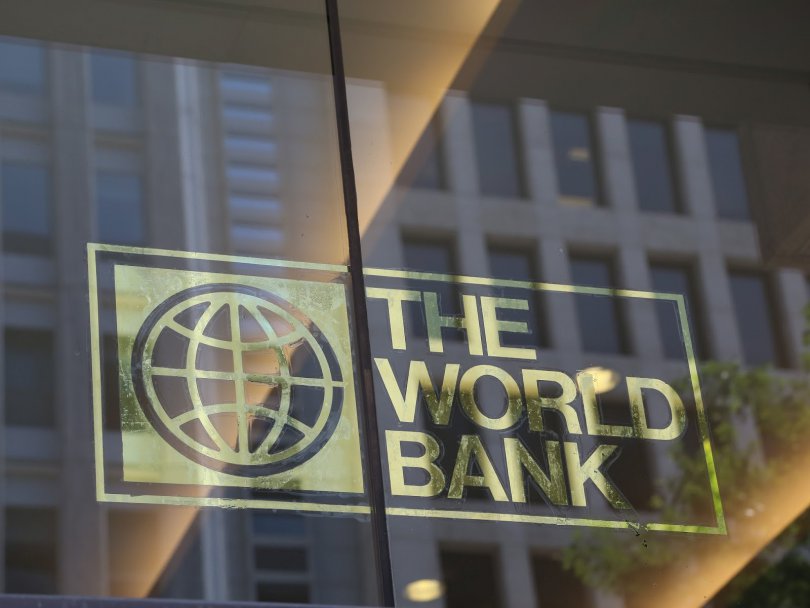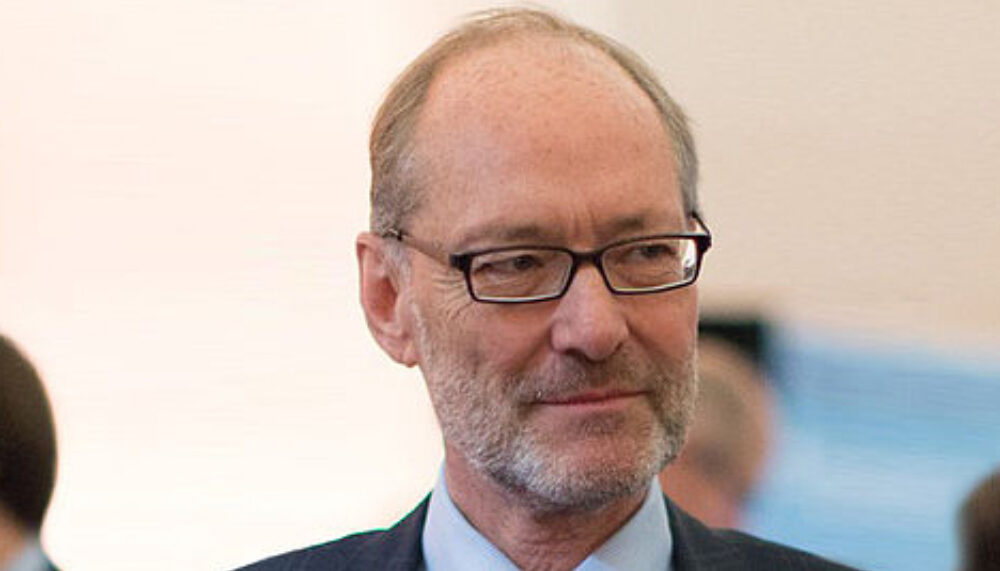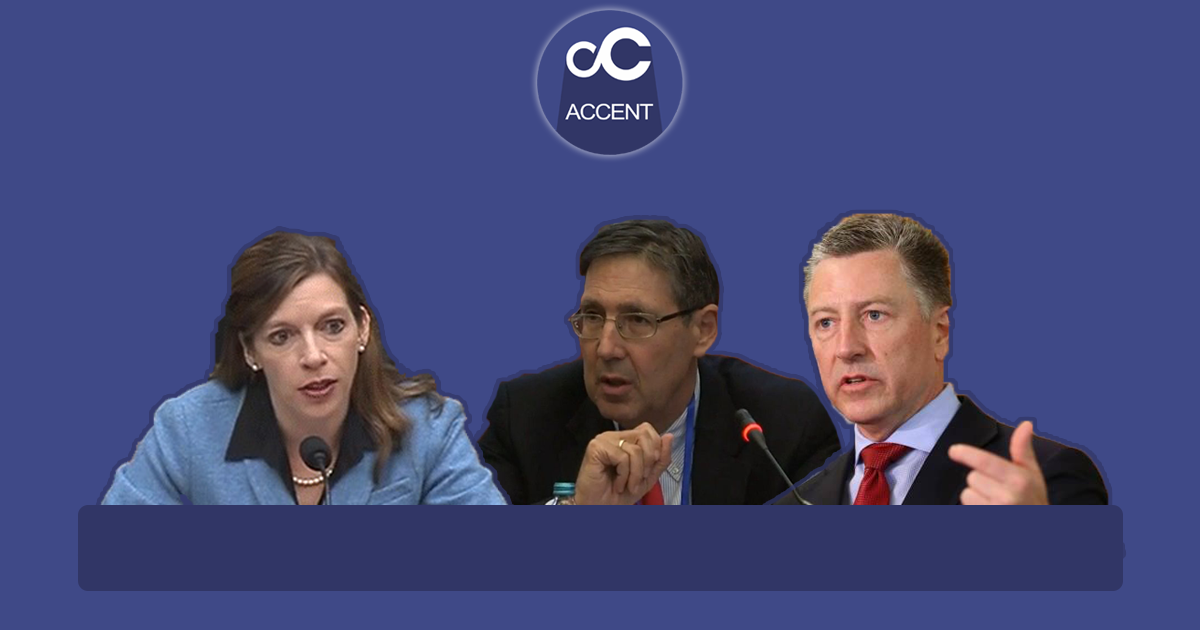
The World Bank approves two important projects for Georgia
23/03/2022 06:06:49 Economics
The World Bank has approved two important projects for Georgia.
According to the World Bank, these projects are:
- The Human Capital Program for Georgia;
- The Kakheti Connectivity Improvement Project;
The Human Capital Program for Georgia
Georgia’s potential for economic prosperity has received a significant boost with today’s approval by the World Bank Board of Executive Directors of the Human Capital Program for Georgia. Financing in the amount of$400 million will be the largest cross-sectorial investment ever extended to Georgia by the World Bank over the 30 years of its partnership.
The World Bank’s Program for Results (PforR) in Georgia will be the first financing instrument of its kind anywhere to comprehensively improve education, health, and social protection outcomes. Itis also the first time Georgia is applying this instrument for World Bank financing for any sector.
“This is indeed an unprecedented Program for both Georgia and the World Bank, and it illustrates that investing in people, especially in youth,is the number one priority for the Bank, as well as for the Georgian Government," said Sebastian Molineus, World Bank Regional Director for the South Caucasus.“Only by unlocking the full potential of its human capital, by ensuring access to high-quality educationfor the next generation, and by delivering equal healthcare and social protection services for all citizens, can Georgia build a solid foundation for inclusiveand sustained growth, which providesbetter jobs and opportunities for its people.”
The Georgia Human Capital Program aims to improve the quality of life for all citizensof Georgia with fair and equal access to high quality education, better targeted social benefits,and strong preventive healthcare with lowered cost of treatments and medicine.
“Acknowledgingthe critical significance of investments in education, health, social protection and jobs for the long-term development of the country, the human capital development is one of the highest priorities for the Government of Georgia. Investing in human capital and, in this way, deploying innovative solutions is especially crucial in the time of COVID-19, to protect human capital outcomes, close equity gaps and alleviate negative effects of the pandemic in more consistent manner,” saidLashaKhutsishvili, Minister of Finance of Georgia.“I would like to emphasize that we deeply appreciate this valuable support from the World Bank and look forward to our continued fruitful cooperation."
The health and social protection dimension of the Human Capital Program will contribute to increasing efficiencies of service delivery and promote the inclusion of vulnerable groups in health, social, and employment services.The reforms are expected to improve the social assistance coverage of poor households with children, and to better prepare and connect the unemployed to job opportunities.The Program will help the Government to reform health service purchasing and pricing, improve efficiency and equity inthe pharmaceutical market, and transform and strengthen primary health as well as hospital care in Georgia.
The main objective of the education reforms supported by the Human Capital Program is to upgrade the skills and competencies of Georgia’s children and youth to better tackle increasingly complex problems that face modern societies. From Pre-School through High School to University and beyond, the Program will support the transformation of Georgia’s education system from mere knowledge provision to developing capabilities of problem-solving, collaboration, and communication. The Program will do this through a fundamental reform of the financing and organization of the education system. Students will have access to better facilities and teachers and school authorities will receive better and closer support in all regions of Georgia. The digital education infrastructure, from Tbilisi through to the most remote mountain-top village, will be made more robust and resilient.
The Program also showcases Georgia’s commitment to the global climate change agenda. Due to its mountainous geography, Georgia is particularly vulnerable to climate change-related crisis events. Together with short term mitigation actions, like reduced greenhouse gas emissions and energy efficiency in schools, the Program supports the development of concerted climate change action by all individuals. The Program envisagesmodules on climate change and energy efficiency in environmental education, training teachers and holdingworkshops on climate resilient and energy efficient schools, as well as promoting access to skill training necessary for green jobs.
The Kakheti Connectivity Improvement Project
The World Bank’s Board of Executive Directors today approved the Kakheti Connectivity Improvement Project (KCIP), in the amount of $109 million, to help connect Georgia’seasternmost region of Kakhetito thecapital and the country’s highway network.
As a major agricultural production center, and the most important wine producing and exporting region with significant tourism attraction and growth potential, Kakheti will benefit from increased freight traffic, as well as shorter and safer travel to the capital and beyond.The project is also expected to contribute to Georgia’s economic recovery from the COVID-19 crisis, especially in the short term, by generating jobs in construction and by facilitating income generation for local traders.
"High-capacity highways are a critical facilitator of Georgia’s economic growth, as they provide firms across industries with more efficient access to markets, make tourism destinations easier to reach, and provide commuters and the public with more robust access to key services and opportunities, such as health and education facilities and jobs,"said Sebastian Molineus, World Bank Regional Director for the South Caucasus.“With this project, the World Bank supports Georgia’s aspiration to become aregional transit hub.”
The Kakheti Connectivity Improvement Project will finance the constructionof a 17-km four-lane, access-controlled highway section between Sagarejo and Badiauri, as part of the Tbilisi-Bakurtsikhe-Lagodekhi highway corridor linking Kakheti with Tbilisi and the rest of the country. In parallel to, and simultaneously with,the World Bank investment through KCIP, the Government of Georgia will build the first three sections of this corridor, from Tbilisi to Sagarejo, using similar design, construction, fiduciary, and environmental and social safeguards approaches as that of the Bank-financed section. This corridor is expected to be operational by 2025. The remaining corridor sections, between Badiauri and Lagodekhi, are planned and will be constructed in future stages depending on expected traffic levels.
“With the support of the World Bank, we have implemented important projects in the Kakheti region such as construction of the Gurjaani bypass road and the first result-based intrastate road rehabilitation program in the country,"said Irakli Karseladze, Minister of Regional Development and Infrastructure of Georgia.“This is a project that will advance the development of Kakheti to a higher level. It will be crucial for the infrastructural, logistical, agricultural and economic development of the region and will have a big impact not only on the socio-economic progress of Kakheti, but on the country as a whole.”
The Project will further finance the development of a marketplace near the highway section’s Badiauri interchange and facilitate the creation and expansion of women-led businesses through provision of business advisory training to local female entrepreneurs that will allow the communities to directly benefit from the proposed development. It will also provide technical assistance for the Roads Department of Georgia in high-priority technical areas, such as tunnel development and management, road safety, and contract management, and will foster collaboration between national and subnational agencies to bring the Badiauri interchange marketplace to fruition, as a means of making the economic and social impact of national infrastructure more inclusive.
Since 2006, the World Bank has partnered with the Government of Georgia, in coordination with other International Financial Institutions, to develop Georgia’s national highway network, collectively mobilizing $2 billion. This initiative has supported the development of the East-West highway with financing of $527 million from the World Bank alone over the course of 9 lending operations.The World Bank has also provided $407 million in addition, for the rehabilitation of the secondary and local roads network, totaling an investment of just over $1 billion over a 16-year period.









